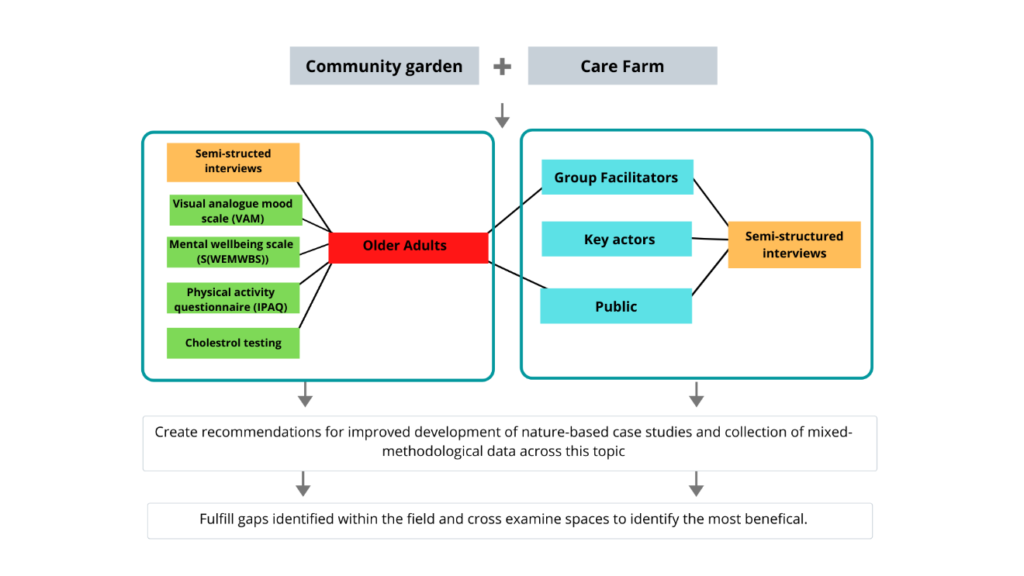City Know-hows

Target audience
Researchers and scholars studying behavior shifts due to a global pressure, in this case, a pandemic, in relation to sustainability in the city; City policymakers working towards innovative post-pandemic strategies and interventions to achieve the SDGs.
The problem
Cities pursue ways to integrate sustainability into their development plans. The pandemic, despite its miseries and sufferings, was touted as an opportunity to achieve the SDGs. Yet, we know little how pandemic-induced lifestyle changes and resulting behavioral shifts facilitate or hinder the fulfilment of the SDGs. We also know little whether these changes are temporary, driven solely by necessity and whether individuals will revert to pre-pandemic behaviors once the crisis subsides.
What we did and why
We extensively reviewed 208 media and academic sources published from March 2020 to July 2021 to correlate behavioral shifts with the SDGs and ranked 75 SDG sub-targets in the context of Hong Kong during the pandemic using Saaty’s Analytical Hierarchy Process.
Our study’s contribution
We found that four SDGs emerged as prominent in Hong Kong: SDG3 (Good Health and Wellbeing), SDG8 (Decent Work and Economic Growth), SDG1 (No Poverty), and SDG10 (Reduced Inequalities). Our findings reflect the significant impacts of the pandemic on these goals, especially on public health, the economy, and vulnerable communities in Hong Kong.
Impacts for city policy and practice
Our analysis provides a crucial framework for devising post-pandemic strategies to achieve Hong Kong’s SDG targets. It also offers valuable insights for policymakers and stakeholders involved in Hong Kong’s sustainable development efforts. In particular, freedom of movement allowed and curtailed by city policy changed behaviours suggesting their primary significance in nudging sustainability behaviors. However, these policies also inadvertently impacted behaviors related to mental health, leading to increased suicide rates, particularly among the youth. City policy and practice, thus, could advocate more for human well-being, especially in the context of mental health.
Further information
Full research article:
Behavioural responses to the COVID-19 pandemic and their implications for Sustainable Development Goals in Hong Kong by Olivia Anne D. Perez, Laurence L. Delina & Benjamin Steuer.
Related posts

We used a case study approach to highlight potential radical health tools that could be embedded in research projects to enable us to understand more about how nature impacts health and wellbeing.

Odour pollution impacts our mental and physical wellbeing without being noticed very often – bad smells can have a negative impact on how we think and feel. Bad odour can affect our work and home environments in a negative way so why don’t we take it more seriously?

Public spaces in universities target skateboarding through hostile architecture and security. Hostile designs exclude skateboarding as a novel form of physical activity. Maybe ‘just’ urban design guidelines can produce more inclusive and diverse public campus spaces.